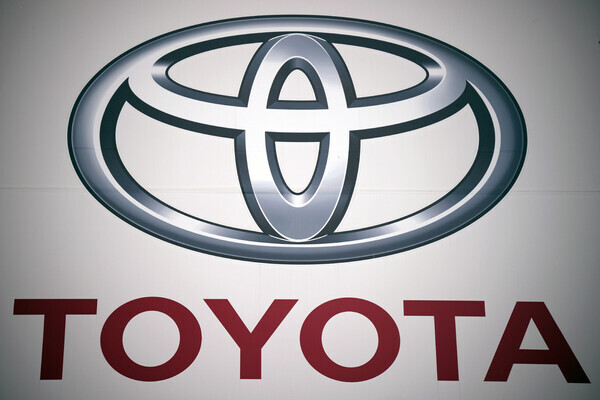
PRAGUE, CZECH REPUBLIC – Japanese automotive giant Toyota is set to commence electric vehicle (EV) production in Europe, with its first manufacturing hub slated to open in the Czech Republic by 2028. This strategic move marks a significant shift for Toyota in the European market, as it prepares to meet the European Union's stringent environmental regulations and capitalize on the accelerating transition to electric mobility.
The decision to localize EV production comes as the EU tightens its grip on carbon emissions, aiming for a complete ban on new internal combustion engine (ICE) vehicle sales by 2035. Toyota's proactive step aligns with its ambitious target of achieving carbon neutrality in Europe by the same year.
According to Nikkei Asia, Toyota plans to establish a production capacity of 100,000 electric SUVs annually through its Czech subsidiary. This new facility will be crucial in supporting Toyota's aggressive EV rollout strategy for the European market. The company intends to introduce 14 new EV models, including the C-HR+ SUV and the new bZ4X, by next year to bolster its market share.
While the long-term outlook for EVs in Europe remains strong due to regulatory pressures, the immediate market landscape presents some challenges. Last year, EV sales across 31 major European countries experienced a slight decline of 1%, totaling 1.99 million units. The market share of EVs in new car sales also dipped from 15.7% to 15.4% during the same period. This indicates that despite policy pushes, consumer adoption still faces hurdles, such as charging infrastructure availability, upfront costs, and range anxiety.
Global EV Push Amidst Varying Market Conditions
Toyota's decision to establish a European EV production base is part of a broader global push into the electric vehicle market, even as market conditions vary significantly across regions. While Europe is driven by regulatory deadlines, other markets present their own unique dynamics.
The Japanese domestic EV market, for instance, lags considerably behind Europe and other major automotive markets. Despite being a technological leader in hybrid vehicles, Japan has been slower to embrace battery electric vehicles. This contrast highlights Toyota's adaptability in tailoring its strategies to different regional demands and regulatory environments.
In the United States, Toyota has been actively expanding its EV offerings and intensifying marketing efforts. The North American market, though not under the same stringent 2035 ICE ban as Europe, is experiencing a steady increase in EV adoption, fueled by consumer incentives and expanding charging networks. Toyota's increased focus on the US market demonstrates its commitment to securing a significant share in key global EV segments.
Strategic Implications and Future Outlook
Toyota's investment in the Czech Republic signifies a strategic pivot towards localizing production for key markets, reducing logistical complexities, and responding more agilely to regional demands and policies. By manufacturing EVs in Europe, Toyota can mitigate potential trade barriers, reduce shipping costs, and enhance its supply chain resilience.
This move also signals Toyota's confidence in the long-term growth of the European EV market, despite current fluctuations in demand. The company's long-standing reputation for quality and reliability, coupled with a broader range of EV models, positions it to capture a larger segment of the market as infrastructure improves and consumer preferences evolve.
The automotive industry is in the midst of a transformative period, with electrification at its core. Toyota's establishment of its first European EV plant is a critical step in its journey to maintain its competitive edge and achieve its global sustainability targets. As the 2035 deadline for new ICE vehicle sales in the EU approaches, the localized production of EVs will be paramount for automakers looking to thrive in the evolving European landscape.
[Copyright (c) Global Economic Times. All Rights Reserved.]




























